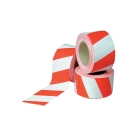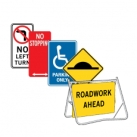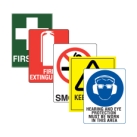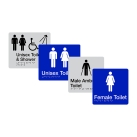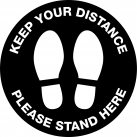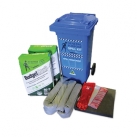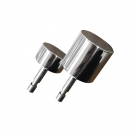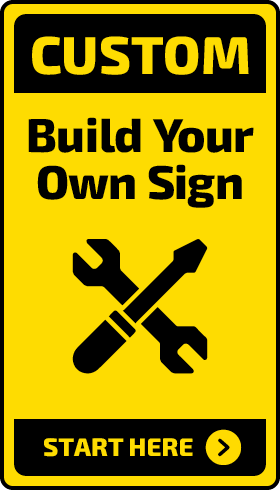Teaching Children in Schools about Recycling

National Recycling Week is fast approaching and, as always, will create some much-needed awareness in the community about the importance of waste management and the environment.
But it is the younger generation that is leading the way 365 days a year when it comes to taking action to protect the planet. This is partly due to the environmental awareness program being run in schools across the country by teachers, often with the support of resources provided by organisations such as Planet Ark.
National Recycling Week is an opportunity for parents to talk to their children about what they have learned about recycling at school.
Corporates have a role to play
While recycling has become a hot topic since China’s 2018 refusal to accept material with more than half a per cent of contamination, waste management company Cleanaway has been one of the companies working to raise environmental awareness among school children for almost three decades.
Area Safe Sales Manager Craig Light said companies like Cleanaway were at the coalface when it came to waste management and recycling. “So, it makes sense that they are among those best equipped to teach children what happens in the waste management process and how they can help through appropriate recycling,” he said.
Cleanaway’s Waste Education Schools Program started in the 1990s and teaches 40,000 young Australians each year from pre-school to TAFE.
The company takes the view that the earlier children learn about recycling and sustainability, the more it affects their future actions. Cleanaway’s waste education officers visit schools to teach waste education and sustainability. It is a program that complements the national and state school syllabuses and also incorporates the relevant local council requirements.
The program encourages children to teach their parents what they have learned in the hope that their influence can change the recycling habits of the adults.
Teachers lead the recycling way
Schools are leading the way when it comes to ensuring recycling is ingrained in the everyday habits of future generations. Fortunately, there are numerous resources that teachers can use when teaching their charges about the importance of recycling and how to put it into practice.
Planet Ark’s Schools Recycle Right Challenge is underway in the leadup to National Recycling Week. Schools that register for the Challenge choose a day in the lead-up to National recycling Week, or during the week itself, to run recycling themed lessons, activities or events.
Teachers are able to download lesson plans from the Challenge website which help students learn about topics including: What items can be recycled; The recycling process; The amount of waste we create as a community.
There are also suggestions for recycling-themed activities and events.
The Australian Association for Environmental Education also helps teach Australian school children to recycle.
Its NSW chapter manages the state’s Sustainable Schools program which helps schools to implement sustainability education through their curriculum as well as implementing cultural changes in the school community.
Teachers and schools are connected to a like-minded community and provided with resources and interactive lessons to help spread the sustainability message to future generations.
The original and (still) one of the best
Then there’s the Keep Australia Beautiful NSW EnviroMentors program. The organisation started running the school incursion sustainability workshops in 1994. Its programs are led by qualified primary and secondary teachers.
EnviroMentors includes 10 workshops that cover environmental issues. All modules aredesigned to engage students through movement and fun activities.
- In the Bin is tailored to include the waste services provided by each school’s local council and includes drama activities and a waste relay game.
- Recycling teaches students about resource recovery and is based on the area’s local recycling services.
- Sustainability explores natural resources through games in which students look at ways they can consume less resources at home and school.
- Composting teaches students ways they can dispose of organic waste at school and home to reduce landfill.
- Schoolyard Harvest looks at the health and sustainability benefits of growing food at home and school and keeping chickens for eggs.
- Worm Farming explores the wriggly side of recycling food scraps, with kids able to see a real worm farm and learn how to care for these composting pets.
- Saving Water uses puzzles and role play to explore how much potable water the earth has and how to save this limited resource at school and home.
- Keeping Waterways Clean has children role play harmful waterway activities and the effects they can have on biodiversity and water quality.
- Lunches unwrapped looks at food packaging and the way it can harm the environment as well as options for better lunch wrapping choices.
- Litter looks at ways that youngsters can reduce litter at home, school and in the wider community.
Container recycling in schools
Many Australian schools also implement Container Deposit Scheme collection points. This teaches students how to recycle, the importance of recycling, and, with container refund schemes, it can raise funds for school projects.
Other programs entering Australian Schools include Plastic Free July, Wipe Out Waste, and Waste Wise Schools.
Plastic Free July educates students about the importance of reducing their plastic consumption at school.
Wipe Out Waste, developed by Green Industries SA, encourages schools to reduce waste and raise student awareness about waste recycling and disposal. It is the first program in Australia to target students aged from Kindergarten, through high school.
Waste Wise Schools supports Western Australian schools to promote better waste management practices and behaviours, with a focus on waste avoidance and recovery. It also develops positive environmental values in students and the whole school community.
Schools are also integrating mainstream recycling programs such as Return & Earn in NSW and Containers for Change in QLD and WA.
Last year Holsworthy High in NSW became the first school in Australia to host a reverse vending machine. It reinforces the recycling message among students and raises funds for the school.
Both programs financially benefit schools in NSW, QLD and WA schools as people using any machine can choose to donate their refund rather than keep it for themselves. School communities also collect eligible containers at home as a fundraising activity.
Australian kids join the global recycling community
Eco-Schools Australia is schools-based education program, based in Denmark, that operates in 68 countries, including Australia.
The seven-step program starts with forming an eco-committee of students, staff and parents; conducting an environmental review of the school; creating an action plan; creating an Eco-Code mission statement; integrating environmental education into regular subjects; monitoring and evaluating the program’s success; and keeping the school and wider communities informed about the program.
Local Government educates children about the recycling process
Randwick City Council believes it is vital to educate the children in our area on the best ways to Reduce, Reuse and Recycle waste. We work closely with schools in our area to develop educational programs and provide interactive waste and recycling workshops.
The Hills Shire Council in Sydney’s north-west has several school recycling and waste programs, including Waste-Free Lunch Day and Speaking for the Planet.
Waste Free Lunch Day is an annual event that encourages students and teachers to pack a zero-waste lunch with reusable food and drink containers as well as fresh fruit and veggies.
Speaking for the Planet sees high school students give prepared and impromptu speeches and drama performances about environmental issues.
Adults and business can learn about recycling from children
Mr Light said national recycling week was also an opportunity for businesses to consider how they could implement recycling into their workplace practices or products.
“At Area Safe, we are modelling the same behaviour by using recycled rubber in all our rubber products, while our London and Madrid Seating ranges are manufactured using composite timber slats that are 35 per cent recycled plastic.
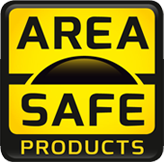
 Speed of Service
Speed of Service Easy Systems
Easy Systems Product Designs & Developers
Product Designs & Developers Car Park Protection
Car Park Protection 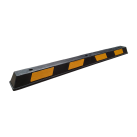
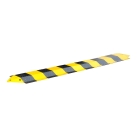


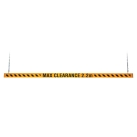
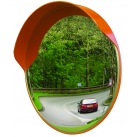
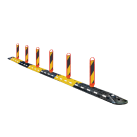
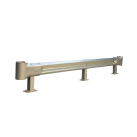
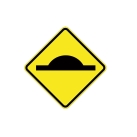
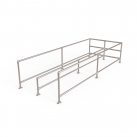
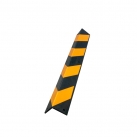
 Industrial Safety
Industrial Safety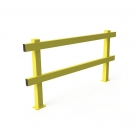
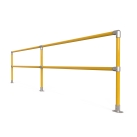


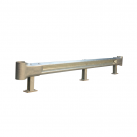
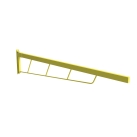
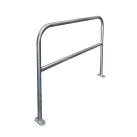
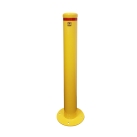
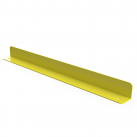

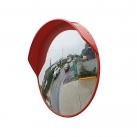
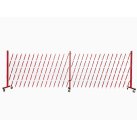
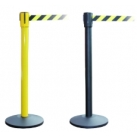
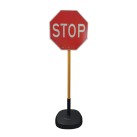
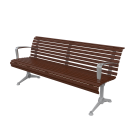 Urban Furniture
Urban Furniture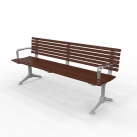
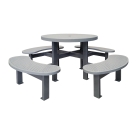
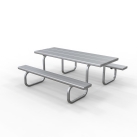

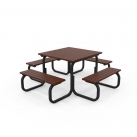
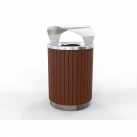
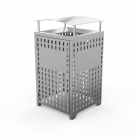

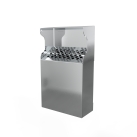
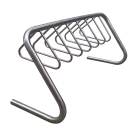
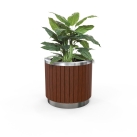
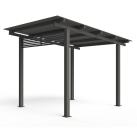
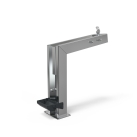
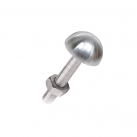
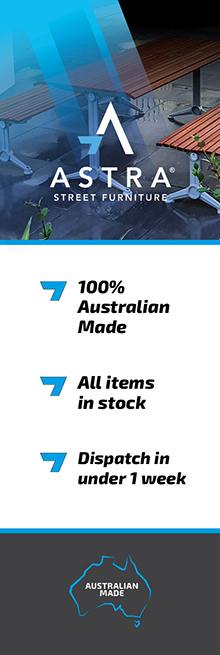
 Pedestrian Barriers
Pedestrian Barriers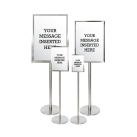
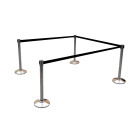

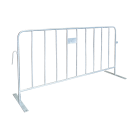

 Matting, Ramps & Tactiles
Matting, Ramps & Tactiles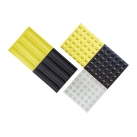
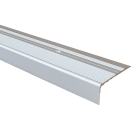
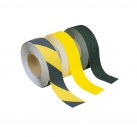
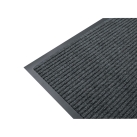
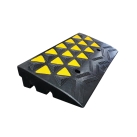
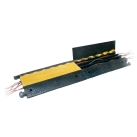
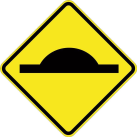 Signage & Safety
Signage & Safety 